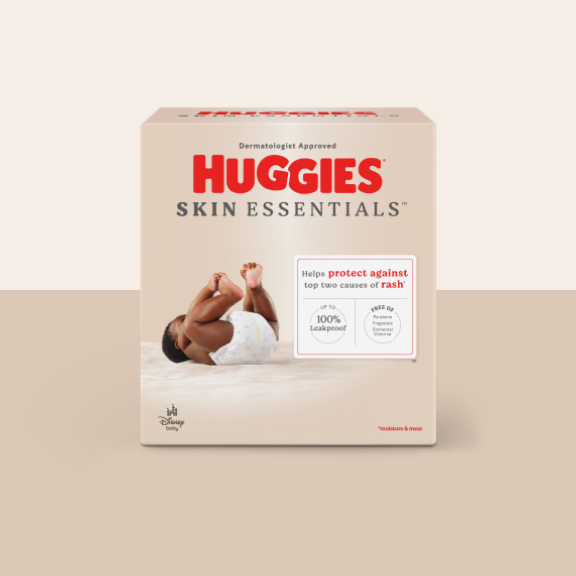If you’re uncomfortable at prenatal check-ups:
Your physical changes this week
Your total blood volume has increased by around 25% since the start of your pregnancy. But it won’t peak until closer to 35 weeks. All that extra circulating blood will mean you may notice your fingers and ankles swelling by the end of the day.
More Braxton Hicks contractions this week, which are making your uterus harden at irregular intervals. Don’t worry unless they become painful and regular, or you start having lower back pain as well. You’ll find they are more frequent after bending over, standing up, after having sex, and if you climb a flight of stairs.
More intestinal changes for you this week! Constipation continues to and you may feel you're investing more thought into your toilet activities than you really want to. Remember to drink lots of water, eat lots of fiber rich foods and try to exercise every day. White, processed foods won’t help so avoid these in favor of whole grains.
Take it slowly when you're standing up from now on. Many pregnant women experience postural hypotension (drop in blood pressure) when they go from a sitting or lying position to standing. When you're getting out of bed, sit on the edge for a minute or two and then stand up. If you feel lightheaded or as if you are going to faint, put your head between your legs and call out to someone to stand near you. If you have no choice, then sit on the floor until you return to feeling normal. You won’t be the first pregnant person to do this.
Your emotional changes this week
Introducing a new baby to a family changes the dynamics and well-established patterns of family life, including if you have children already. Remember that giving your older child or children a sibling is one of the greatest gifts you can offer them.
Start thinking about childcare options for your older children when you go into labor. Having a plan will help to ease your anxiety about their care and free you up mentally to focus on having your new baby. Have a fallback plan as well in case Plan A. doesn’t work out.
Your baby's changes this week
Baby’s eyes are starting to open and his eyelids are no longer fused together. He will learn to open and close his eyes, blink, and practice focusing in the remaining few months of your pregnancy. Many parents are amazed by their baby's wide-open gaze when they’re first born. Some babies don’t seem to blink at all and just stare endlessly at their parent's faces. Make sure you have the camera ready for this special time.
Lots of baby movements are happening from now until your 30th week. The amniotic fluid isn’t being produced in the same volume as it was a couple of weeks ago. Because your baby is bigger, with less fluid to buffer its movements, you’ll be more aware of those kicks and stretches.
Baby is growing longer and laying down more fat. This fat will serve as effective of insulation at birth. An average birth weight for a baby at birth is around 7 pounds 11 ounces. Pregnancy factors, genetics, and individual DNA all influence your baby’s size.
Baby is having regular periods of rest and activity and his patterns of movement are becoming more familiar to you. Some pregnant women find their baby is very active in the middle of the night - enough to wake them from a deep sleep. After a sweet snack, on hearing your partner's voice, or when there is a sudden noise can all prompt a series of movements as well.
Hints for the week
Check with your pregnancy care provider if you’ll need to have your hemoglobin level checked at your next prenatal checkup. Iron deficiency anemia is common in pregnancy when the demand for a healthy red blood cell count is at its peak. Ensure you are eating lots of iron rich foods such as red meat, eggs, good quality cereals and green leafy vegetables such as spinach or kale. If your iron count is too low, you may need to start taking iron tablets, but be aware that they can make constipation worse.
Week 27 is coming next!
The information of this article has been reviewed by nursing experts of the Association of Women’s Health, Obstetric, & Neonatal Nurses (AWHONN). The content should not substitute medical advice from your personal healthcare provider. Please consult your healthcare provider for recommendations/diagnosis or treatment. For more advice from AWHONN nurses, visit Healthy Mom&Baby at health4mom.org.










